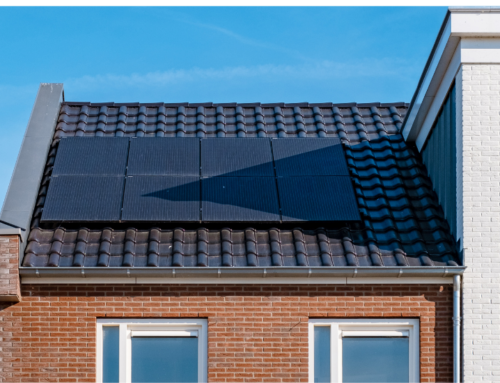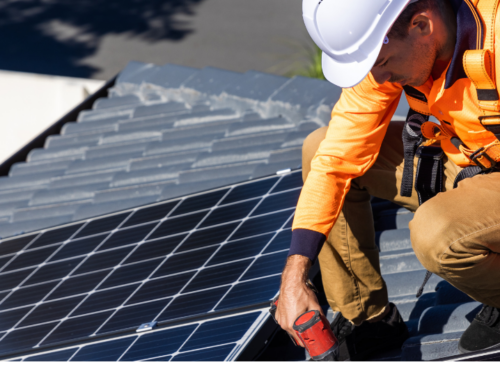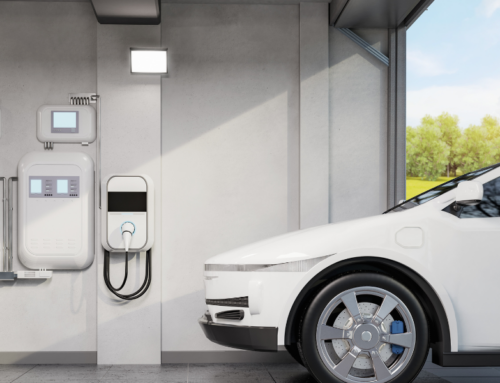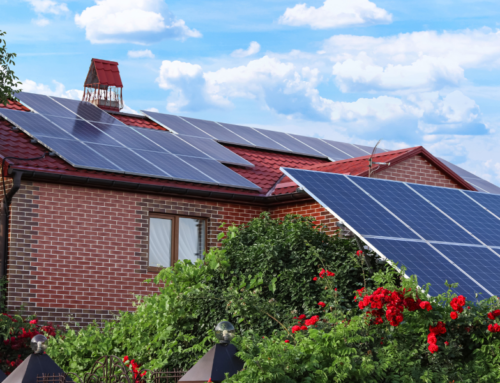Solar panels are undoubtedly a great investment for your home, both financially and environmentally. They can immediately increase your home’s value while decreasing your home’s overall carbon footprint and lowering your utility bill. Indeed, people have come to see solar panels as one of the best options for combating excessive energy costs commonly associated with aging residential structures. And you may also know that there are a variety of convenient options for financing solar panel installation for private homes. And do not forget the federal income tax credit which is an actual credit of 26% of the installed price (good only for systems installed in 2022).
However, you might be concerned about the long-term prospects of adding solar panels to your home. A question you should be asking if you are considering solar panel installation is: How long do solar panels last? We have the answer and some tips for getting the most out of the solar panels you might be considering adding to your Milwaukee area home.
The Answer to “How Long Do Solar Panels Last?”
The short answer to how long solar panels generally function at top-notch capacity is 25-30 years. During those first 25-30 years of their lifespan, solar panels’ energy output diminishes by less than 0.8% per year, on average. Then, when they hit the 25-year mark, that accumulation of gradual degradation is usually considered to be significant enough to have diminished their energy production capabilities to a noticeable degree.
Rate of Degradation
There is another helpful way to think of the rate of degradation and why 25-30 years is considered a benchmark. While you might think that a 0.8% yearly degradation will add up fast, it actually only comes out to a 20% decrease in energy production capacity at the 25 year mark. A product whose functionality is at least 80% of its original capacity after two decades sounds like a pretty good investment!
Another thing to note is that the average solar panel experiences its most concentrated degradation in its first year of use. This loss occurs naturally as a result of solar exposure and general environmental factors. After this initial lowering of energy output, the average solar panel’s degradation rate will slow even further. So, you might think of solar panel functionality degradation as a quite normal occurrence and not something to be terribly concerned about, particularly as it happens at such a slow and steady rate over the course of the average year in their lifespan.
Solar Panel Maintenance
The rate of degradation and continued high functionality can be improved through some simple regular maintenance. While solar panel warranties might restrict your desire to poke around with the panels yourself out of fear of inadvertently damaging them, you can turn to professionals for checkups and cleanings.
Professional solar panel technicians should occasionally service your solar panels for any issues you might not notice from the ground. Additionally, keeping your panels clear of debris after storms and during seasonal transitions will ensure they continue to efficiently produce energy for your home.
Compliance with your solar panel warranty will also help ensure you are able to enjoy their benefits for decades to come. Some warranties may require your adherence to a specific maintenance schedule or may prohibit you from conducting any amateur inspections. Adhering to these rules will ensure coverage should you need to have the panels repaired or replaced due to environmental damage or other qualifying issues.
Contact Integrated Building Systems
Now that you know a bit more about what to expect over the impressive life span of home solar panels and the answer to the question “how long do solar panels last?” you might find yourself with other practical questions and considerations. We are here to answer your questions. Contact Integrated Building Systems for Milwaukee solar panel installation.








Leave A Comment
You must be logged in to post a comment.